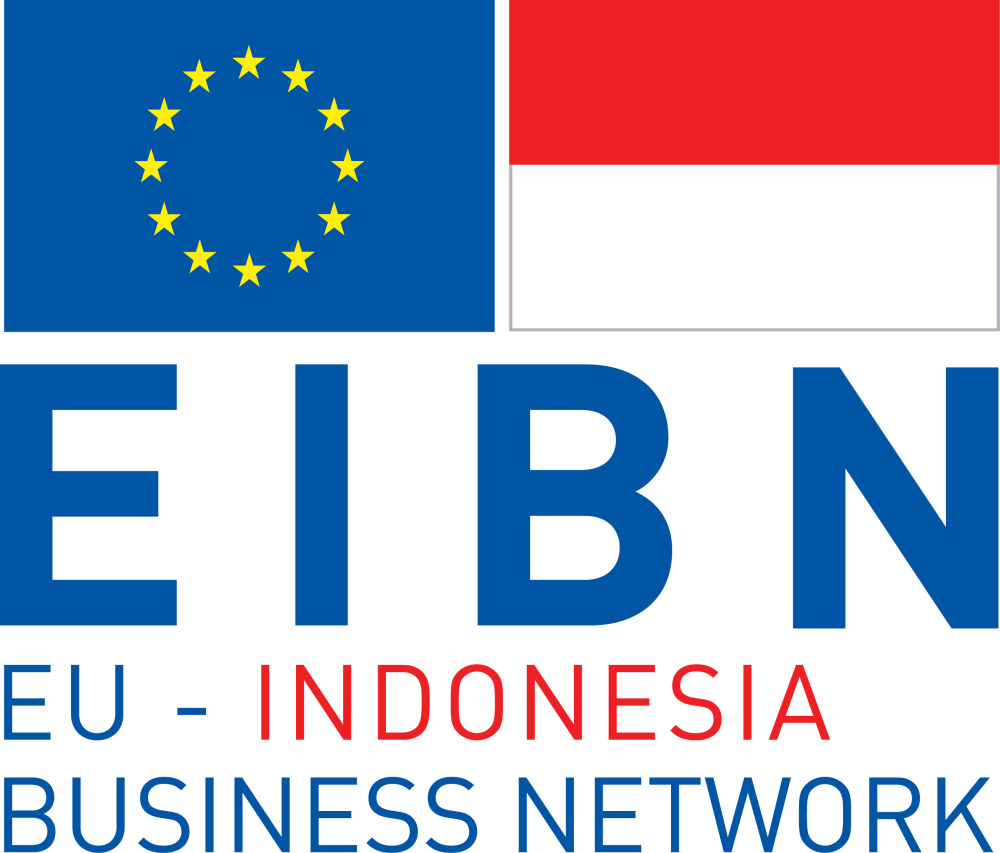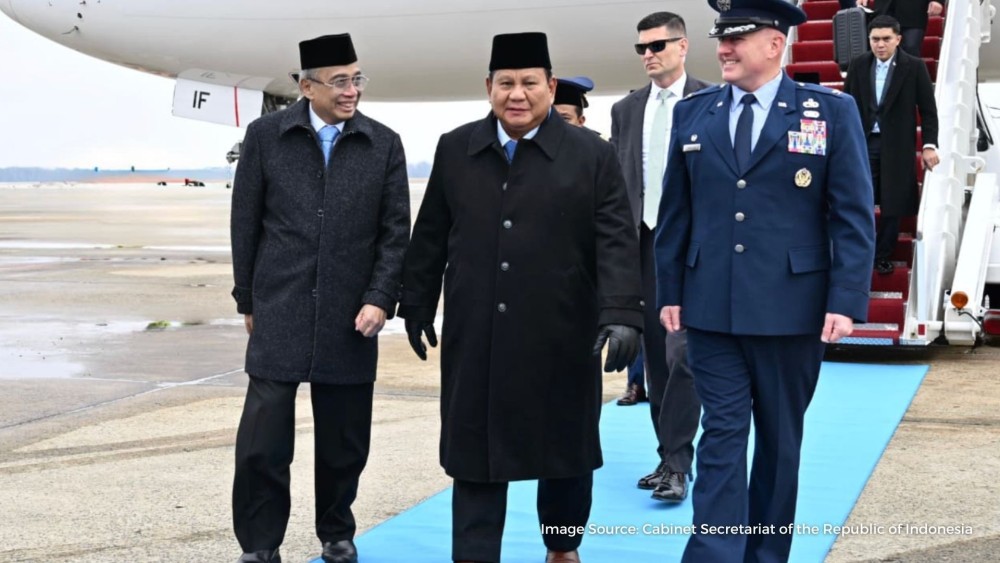The maritime market is a complex but incontrovertibly relevant industry in the Indonesian economy. This important role is reflected in the sector’s substantial contribution to the economy in terms of employment and GDP, which are intrinsically related to the country’s large population and its ongoing growth.
Indonesia has over 17,000 islands, making it the largest archipelago in the world, and two of the most important maritime trade routes pass through its waters, while most of its domestic and international trade is also handled via sea routes.
President Joko “Jokowi” Widodo has made a strong commitment into turning Indonesia into the “Global Maritime Axis,” given the country’s strategic position in the global sea trade. Moreover, his administration has pledged to boost the maritime sector by enhancing east-west connectivity, prioritizing maritime infrastructure, defending Indonesia’s national sovereignty and strengthening the country’s navy and by maximizing profits from all economic activities related to the sea, including shipbuilding and fishing.
Indonesia’s high logistics costs, which account for over 24 percent of its GDP, have caused stagnation in its economy by increasing production costs to an unsustainable rate. According to the World Bank, if Indonesia manages to reduce its logistics costs to 16 percent of its GDP, that would save its economy over USD 70 billion a year.
Maritime development has become even more crucial since Indonesia is a part of the ASEAN Economic Community, which will only be profitable if Indonesian products can remain competitive in the regional sphere. This can only be achieved if maritime infrastructure is improved and the merchant fleet is renewed.
Plenty of opportunities will arise for foreign companies in the next few years, with major port upgrades opening up the way for Public-Private-Partnerships, as well as through the transfer of technology in shipbuilding and/or establishing shipyards in the country.
There are a few issues that need to be sorted out for the industry to really take off, especially regarding the tax policy, with high import duty and corporate income taxes, especially outside the Free Trade Zones, mainly considering that most equipment needs to be imported.
Interest loans at 12-14 percent without a competitive interest rate also make it difficult for local companies to find suitable long-term financing, which is still a non-solved challenge.
The remaining challenge is the regulatory environment of the sector. For example, Presidential Regulation No. 5/2005 on strengthening national shipping establishes that all naval activities in the country’s waters are subject to the jurisdiction of the State, entitling the relevant authorities to restrict the activities of foreign ships in its waters. It introduces the notion of “cabotage” for the first time, which implies that only ships under the Indonesian flag and manned by an Indonesian crew are allowed to perform shipping activities in national waters. Moreover, only national shipping companies are allowed to operate within Indonesian waters.
In the same mold, Article 29 of Law on Shipping No. 17/2008 states:
- In order to obtain a Sea Transportation Business License, an Indonesian corporation must have at least one Indonesian-flagged vessel of at least 175 GT.
- An individual Indonesian citizen or business entity may cooperate with a foreign sea transportation business or foreign individual to form a Joint Venture only if the resulting Joint Venture owns at least one self-propelled vessel greater than 5,000 GT.
The shipping law leaves considerable scope for interpretation, as the term “ship” is defined only loosely. However, relevant authorities include all floating structures within the meaning of the term, including storage units, mobile ocean drilling units or the floating structures that provide technical and repair services at sea. All these floating structures are also subordinated to the “cabotage” principle, even if not engaged in domestic shipping activities.
As a result of this law, all operators of these structures need to establish an “Indonesia Sea Transportation Company” located in Indonesia, and with a maximum of 49% ownership for foreign investors. However, exceptions needed to be made in strategic sectors, especially in the offshore oil and gas sector.
Foreign companies should be aware of the ongoing approval of protectionist policies that might discourage foreign suppliers and investors. However, this provides a good platform for those companies willing to establish a subsidiary in the country. At the same time, the huge local demand will benefit the local shipbuilding industry.
Overall, the current administration led by President Jokowi has established the maritime sector as a priority pillar in its economic policy, with major investments already committed and many more still to come, especially for infrastructure development and acquisition of ships.
Due to the strengthening of local shipyards along with the “Cabotage” regulation, and with the present inability of the local supplier industry to provide the more advanced supplies needed for shipbuilding, Companies can tap into the market by exporting their components, since the local industry is highly dependent on foreign imports.
With Jokowi’s “Global Maritime Axis”, the Indonesian Navy is looking to establish itself as a regional power, so national defence projects are being prioritised. The Indonesian government is engaged in the pursuit of technology transfer measures, opening the doors for European shipyards to sell their ships and their expertise. As an example of this, the development of the Martadinata Class frigates of the Indonesian Navy was a joint project between Schelde Naval Shipbuilding from the Netherlands and the state-owned company PT PAL.
According to the Indonesian Shipbuilding Assocation (IPERINDO), the standard of infrastructure in the country is hindering development in the eastern parts of the country, increasing the logistics costs for all projects outside the main islands of Java and Sumatra. Shipping companies face a challenging task unless infrastructure is further developed. On the other hand, port upgrades and the construction of new sea ports open the door for successful Private-Public-Partnerships between foreign and Indonesian companies in both port construction and port management.
Finally, there are some challenges ahead that must be overcome. Corruption is widespread, which, along with the complex processes involved in entering the market, is one of the main burdens for the economy. European companies should note that the most successful way to enter the country is to team up with local companies or distributors.
This content is done in collaboration with:
Business Sectors







